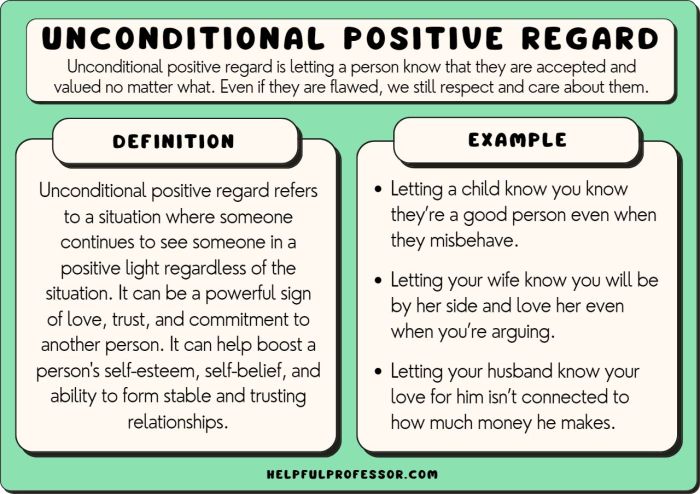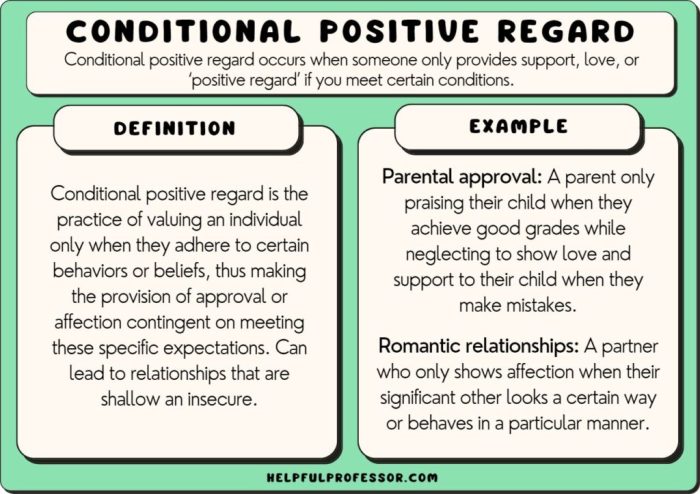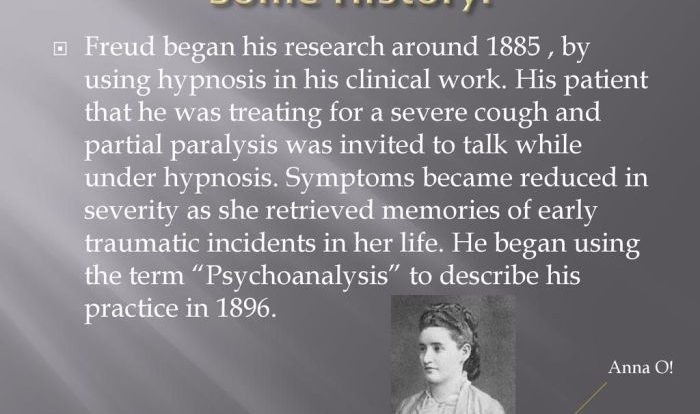Carl rogers referred to a caring nonjudgmental attitude as – Carl Rogers’ Person-Centered Approach, with its emphasis on a caring and nonjudgmental attitude, has revolutionized therapeutic practices. This approach fosters a supportive environment where clients can explore their thoughts and feelings without fear of judgment, leading to increased self-awareness and personal growth.
Rogers believed that a therapist’s genuine care and empathy create a safe space for clients to engage in self-discovery. This attitude promotes a therapeutic relationship built on trust and respect, allowing clients to feel valued and understood.
Carl Rogers’ Person-Centered Approach: Carl Rogers Referred To A Caring Nonjudgmental Attitude As

Carl Rogers, a prominent psychologist, believed that a caring and nonjudgmental attitude was crucial in therapy. This approach, known as person-centered therapy, emphasizes the importance of creating a safe and supportive environment where clients can explore their thoughts and feelings without fear of judgment.
Rogers believed that when therapists approach clients with empathy, unconditional positive regard, and congruence, they create a therapeutic relationship that fosters personal growth and change.
The Three Core Conditions of Person-Centered Therapy
Rogers identified three core conditions that are essential for creating a person-centered therapeutic relationship:
- Empathy:The therapist’s ability to understand and share the client’s feelings and experiences from the client’s perspective.
- Unconditional Positive Regard:The therapist’s acceptance and respect for the client, regardless of their thoughts, feelings, or behaviors.
- Congruence:The therapist’s genuineness and authenticity in the therapeutic relationship.
The Role of the Therapist in Person-Centered Therapy
In person-centered therapy, the therapist’s role is not to provide advice or solutions, but rather to facilitate the client’s self-discovery and growth.
The therapist does this by:
- Providing a safe and supportive environment where the client feels comfortable sharing their thoughts and feelings.
- Using active listening and reflection to help the client explore their experiences and gain new insights.
- Avoiding judgment or criticism, and instead focusing on understanding and accepting the client’s perspective.
The Benefits of Person-Centered Therapy
Person-centered therapy has been shown to have numerous benefits for clients, including:
- Increased self-awareness and self-acceptance
- Improved interpersonal relationships
- Reduced anxiety and depression
- Enhanced problem-solving skills
- Greater personal growth and fulfillment
Criticisms of Person-Centered Therapy, Carl rogers referred to a caring nonjudgmental attitude as
While person-centered therapy is generally well-regarded, it has also faced some criticisms:
- Lack of Structure:Person-centered therapy is often criticized for being too unstructured and lacking clear goals.
- Focus on the Individual:Some critics argue that person-centered therapy’s focus on the individual neglects the role of social and environmental factors in psychological distress.
Key Questions Answered
What is the significance of a caring and nonjudgmental attitude in therapy?
It creates a safe and supportive environment where clients feel valued and understood, fostering self-exploration and personal growth.
How does a therapist demonstrate empathy in Person-Centered Therapy?
By actively listening, reflecting on the client’s experiences, and attempting to understand their perspective without judgment.



